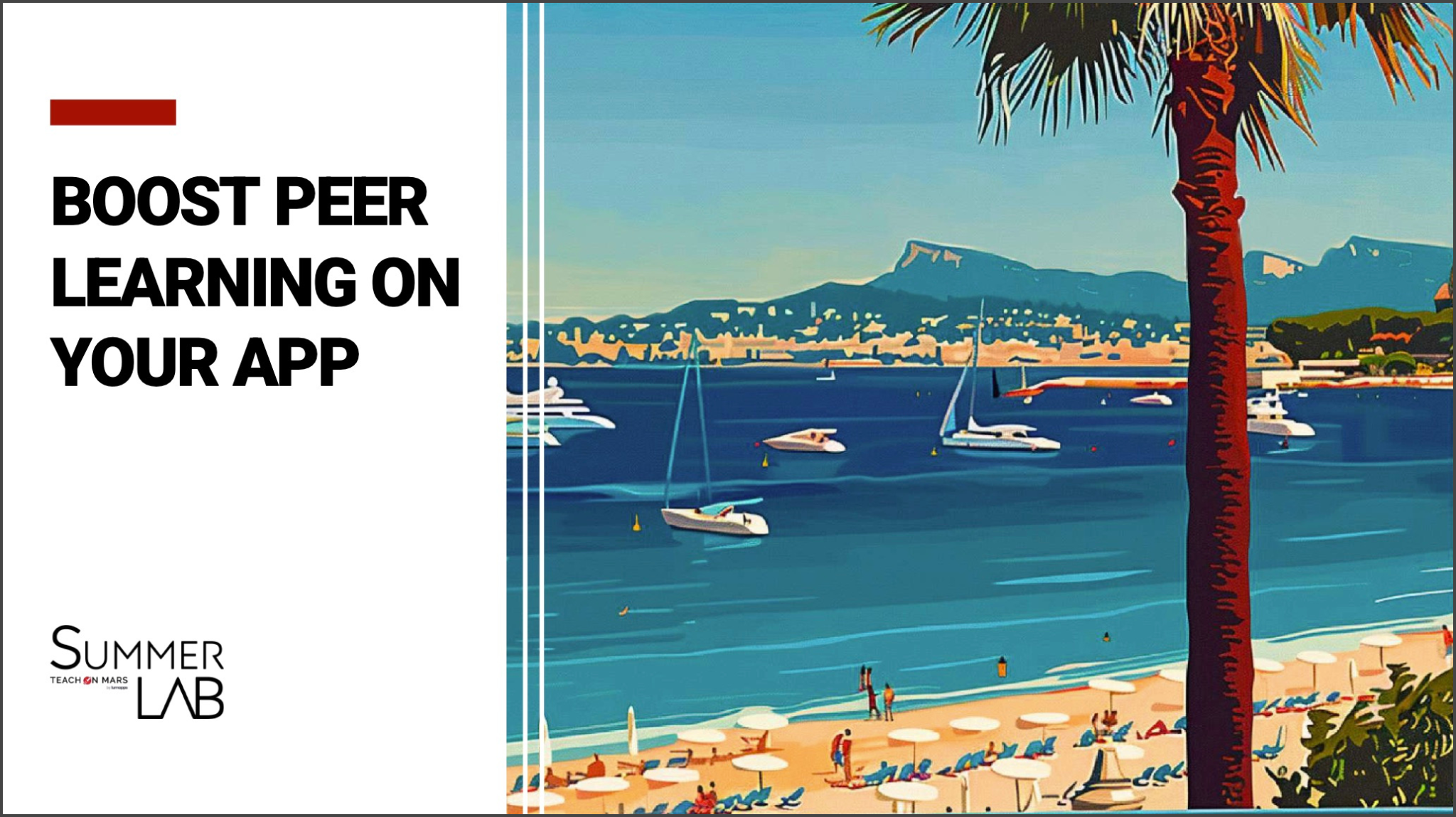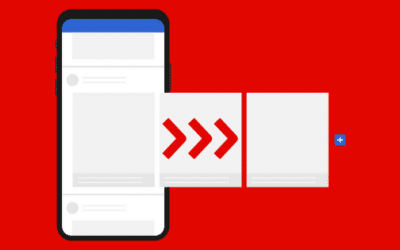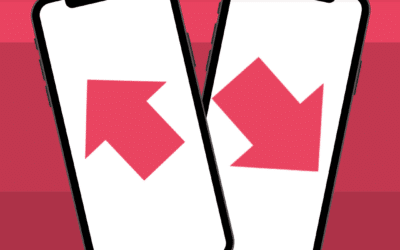Peer learning is an educational approach where learners interact and learn from each other instead of relying solely on instruction from teachers or experts.
Integrating Peer Learning into a Mobile Learning Solution
Here are some strategies for integrating peer learning into a mobile learning solution:
- Share: Encourage learners to comment on content with their anecdotes, tips, or photos.
- Create: Ask learners to create educational content by sharing their experiences through testimonials, videos, infographics, etc. 1
- Discuss: Organize live sessions where learners share their best practices and tips via the add-on Event2.
Find all the slides presented during the workshop here.
Practical Case: Peer Learning and Volunteering
Participants were then invited to create a peer learning setup for the following scenario:
You are a training manager for an organization that fights poverty by organizing street outreach activities, distributing food packages and hot meals to those in need.
New volunteers receive a one-hour training session upon their arrival, during which the history, values, and practical details of the organization are explained.
However, you find this insufficient, especially for teaching soft skills such as “how to behave in certain situations, how to react, how to protect oneself emotionally, etc.”
You decide to implement a peer learning system.
Here are some additional details:
> Volunteers in the same team meet once a week from 6 PM to 11 PM (preparation, outreach, and cleanup time),
> The team is equipped with a mobile learning app called “Learn&Help”,
> There is a high turnover rate,
> Team members range in age from 18 to 70 years old, with some having over 30 years of experience.
A kit was provided to guide them through the creation process. Download the kit here.
Workshop restitution
Find a summary of the projects imagined by the participants with a focus on the innovative elements proposed.
Educational Objectives
Some groups proposed going beyond “operational” objectives by suggesting goals oriented towards cohesion and sharing: “creating a sense of belonging,” “bridging generations,” “sharing beautiful stories.”
Project Structure
The groups demonstrated creativity by proposing setups that combined various tools and interaction modes.
Pluto projet:
- 20-minute weekly meetings where volunteers list the week’s challenges and solve problems.
- The learning app is enriched: each week, two volunteers create a “tip” with best practice sharing, which is then incorporated into training by the trainer.
Saturn project:
- COEUR Method (Counsel, Open up, Listen, Unite, Respect, and Reassure).
- Each referent films themselves embodying one of the above values and shares a field testimonial.
Moon project:
- Onboard new volunteers on the app.
- 3-month “Buddy program.”
- Peer evaluation.
- Discussion forum for knowledge sharing.
Neptune project:
- Weekly meetings are filmed and broadcasted on the app.
- Implementing rewards (Volunteer of the Month).
- Inclusivity: creating paper gazettes with key points for less connected volunteers.
Mercury project:
- Mentorship system with senior/junior pairings.
- Short knowledge-sharing format (60 seconds).
Mars project:
- Hosting a live-streamed event on the app with best practice sharing.
- Highlighting a topic each week to facilitate sharing.
Jupiter project:
- Implementing a sponsorship system with “angels” who meet one-on-one before each weekly meeting.
- Creating 3-minute videos by peers sharing best practices.
Earth project:
- Well-paced content publication: 2 communications per week and 1 video per month.
- Integrating field videos into mobile training.
Venus project:
- Creating three challenges each led by a mentor.
- Highlighting the “Story of the Month.”
Uranus project:
- Working in pairs.
- Creating testimonial videos from “senior” volunteers.
- Sharing “smiles” with beautiful stories.
This workshop allowed participants to understand the importance of peer learning and explore innovative methods to integrate it into mobile learning. The practical exercise illustrated how this approach can be applied in various contexts, enhancing learner engagement and effectiveness. We hope this gives you new content ideas for your future projects!
- We recommend reading this article to learn more about the setup designed by Nespresso with their famous Customer Stories. ↩︎
- Discover the Teach on Mars feature Add-On Event through this dedicated article ↩︎

D’abord éditrice de manuels scolaires, professeure et coordinatrice pédagogique à l’Université, Julia a rejoint l’équipe Learning Experience chez Teach on Mars pour apporter ses compétences en pédagogie. La gamification et la différenciation pédagogique sont notamment ses chevaux de bataille.




